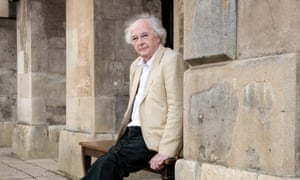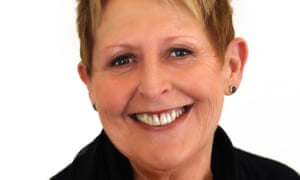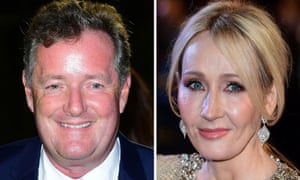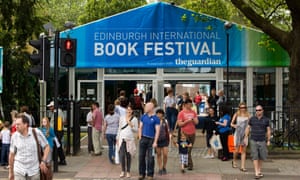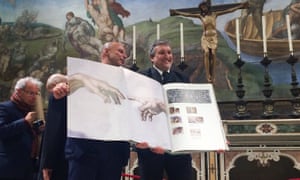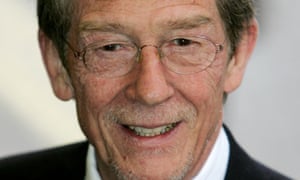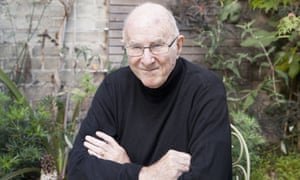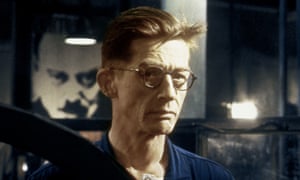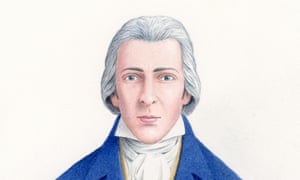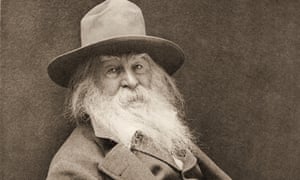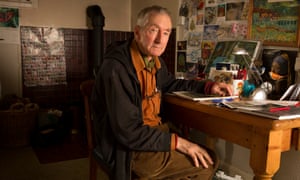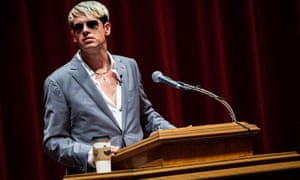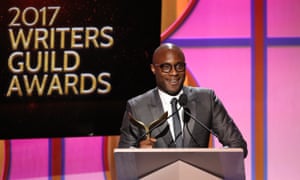Milo Yiannopoulos delays memoir to add details of protests against it
Far-right British Breitbart controversialist says it would be absurd for his book not to cover ‘the insanity’ surrounding its publication
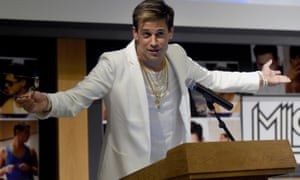
Publication of rightwing controversialist Milo Yiannopoulos’s memoir Dangerous has been delayed until June, so that he can include details of the controversy surrounding his book deal and the recent student protests that resulted in cancelled speaking events.
In a statement, Yiannopoulos said he had asked his publisher to postpone the launch, originally scheduled for March, to enable him to write about “the craziness and rioting” at three sites in the US: the Berkeley and Davis campuses at the University of California, and the Seattle campus at the University of Washington.
“It would be absurd for me to publish a book without some discussion of the insanity of the last few weeks,” said the far-right provocateur, who is technology editor of Breitbart News. Breitbart’s former executive chair, Steve Bannon, is now President Trump’s chief strategist.
Yiannopoulos’s speaking tour at university campuses has been dogged by protests and violent clashes between his supporters, police and protesters.
The book was due to be published on 14 March by Threshold Editions, an imprint of Simon & Schuster (S&S) that specialises in rightwing writing. It is now set to appear on 13 June.
Dangerous has proved a major headache for the publishing house after it paid Yiannopoulos a reported $250,000 (£203,000) advance. Though the writer had claimed the deal was cooked up over lunch with the publisher, it has since emerged that it had been shopped around other New York publishing houses, who had not found it commercial enough to warrant a substantial offer. A vociferous backlash followed his signing, with authors, critics and booksellers voicing concern about his involvement in far-right politics and alleged trolling of opponents through social media. The British-born writer was permanently banned from Twitter in 2016, after claims he had incited followers to send abusive messages to the Ghostbusters actor Leslie Jones. He has also likened feminism to cancer and attacked transgender people as “retarded”.
Dismissing him as “a clickbait grifter who has made a name for himself spewing hate speech”, Adam Morgan, editor of the Chicago Review of Books, said his publication would not review any books published by S&S in protest at the deal.
Last month, in what was widely seen as a damage-limitation exercise, S&S president and CEO Carolyn Reidy wrote to authors to reassure them that Yiannopoulos’s book would not contain hate speech. Instead, it would be “a substantive examination” of the issues surrounding political correctness and free speech, she wrote. Despite this, essayist and feminist author Roxane Gay announced that she would withdraw her forthcoming book from S&S because of the Yiannopoulos deal.
It is not the first book mooted by the journalist, who remains an influential figure in the so-called “alt-right” movement. In 2014, Yiannopoulos claimed he was writing a book about Gamergate, and in 2015, a book called The Sociopaths of Silicon Valley. Neither book appeared.
He has also found it hard to find a publisher in the UK, after S&S’s British subsidiary walked away from a deal. Insiders in the big four publishing houses said he was not well known in the UK and doubted the book could work without a significant promotional platform.
